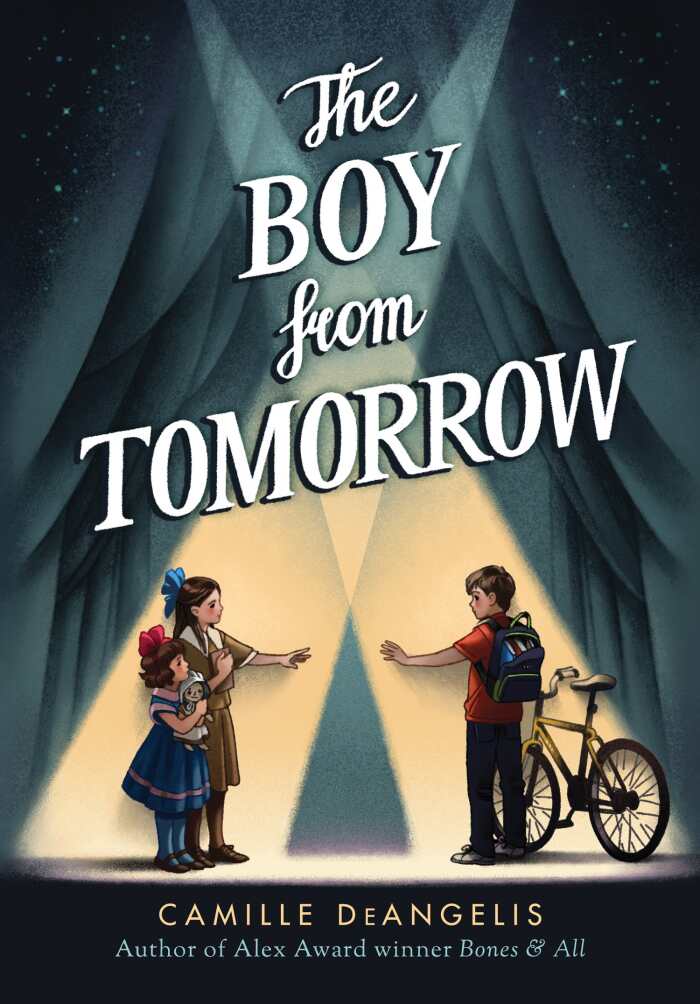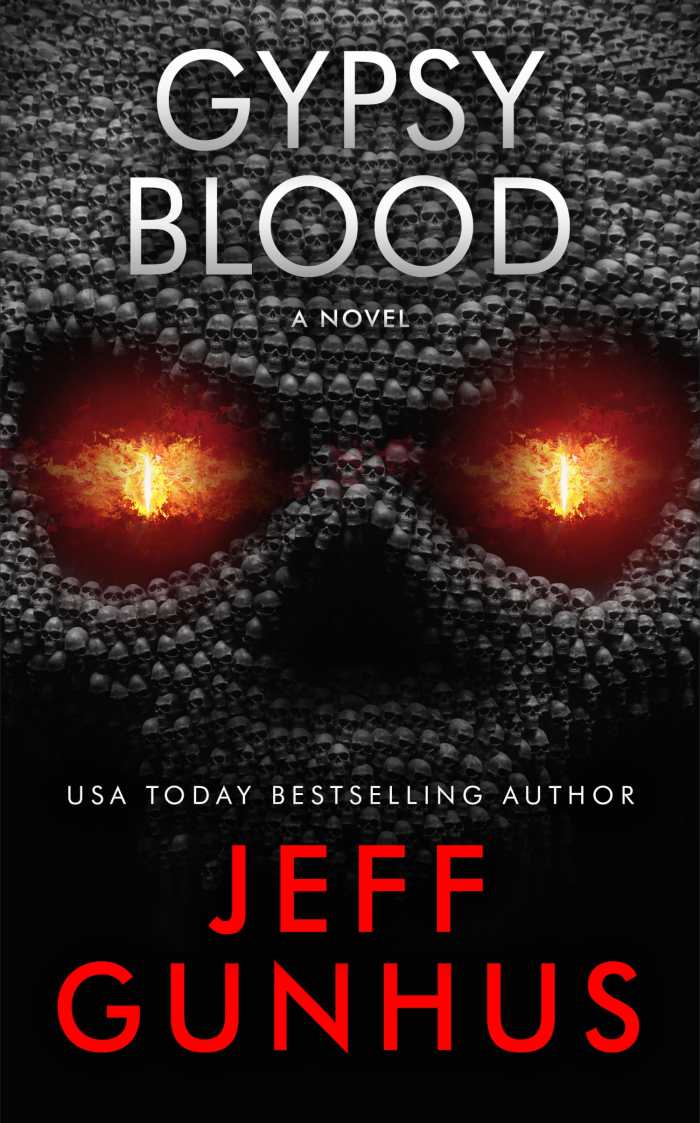Book of the Day Roundup May 7-May 11

Perfectly Norman

Tom Percival
Bloomsbury
Hardcover $16.99 (32pp)
978-1-68119-785-2
Buy: Local Bookstore (Bookshop), Amazon
When his perfectly normal life takes an unexpectedly extraordinary turn one afternoon, Norman worries that his perfectly normal family will be distraught. But hiding things from his parents and friends is trickier and a lot more unpleasant than he anticipated. Vibrant colors set against grayscale backdrops create a striking landscape as Norman learns to shed his insecurities. His is a captivating tale about happiness, being yourself, and the magic of learning to spread your wings and fly.
PALLAS GATES MCCORQUODALE (April 27, 2018)
The Aviator

Eugene Vodolazkin
Lisa Hayden, translator
Oneworld Publications
Hardcover $26.99 (368pp)
978-1-78607-271-9
Buy: Local Bookstore (Bookshop), Amazon
Eugene Vodolazkin’s The Aviator is an unabashed, panoramic view of the landscape of human consciousness affected by time, place, faith, and faces.
Innokenty Petrovich Platonov does not know who he is. Confined to a bed in a mysterious location and attended only by a Russian German doctor named Geiger and by Nurse Valentina, Innokenty is told to write. Geiger insists that he recall all the important memories on his own. Slowly, the details of his life in the first half of the twentieth century return—his romance with Anastasia Voronina, the Great War, the Bolshevik Revolution, his sentencing to a labor camp. But when he notices the expiration date on a bottle of pills, he realizes that he is now alive in the year 1999, though he has the appearance of someone much younger.
Through Innokenty’s journal entries, the mystery of his fate is revealed. Later, Geiger and Anastasia’s granddaughter add their own journal entries to this intricate tapestry of history, science, and religion. The brutal reality of the Bolshevik Revolution is painted in the small frame of Innokenty’s life, but retains the same (and perhaps greater) force of wider, more grandiose narratives chronicling the upheaval. Lisa Hayden’s translation reads beautifully and carries the poignancy well.
In the vein of Dostoyevsky, religion here is not an enemy to be vanquished, but rather a consolation and a means of deciphering the mechanisms of the human mind and the world—seen and unseen. With grace and an attractive gentleness, Innokenty asserts his religious beliefs, and demonstrates his faith’s timelessness and enduring relevance. As a man outside his own time, he critiques many of modern society’s norms—particularly the obsession with advertising and sensationalist news—indictments that ring even more true in the years beyond 1999.
Draped in thoroughly Russian trappings, The Aviator speaks to common experience while soaring into realms that enfold the human drama below.
MEAGAN LOGSDON (April 27, 2018)
The Boy from Tomorrow

Camille DeAngelis
Amberjack Publishing
Hardcover $15.99 (268pp)
978-1-944995-61-4
Buy: Local Bookstore (Bookshop), Amazon
Camille DeAngelis’s The Boy from Tomorrow is a complex and beautiful puzzle of times and places that comes together in a way that is a little bit eerie, a little bit sad, and a little bit hopeful.
Twelve-year-old Alec and his mother have just moved into the old Victorian house at 444 Sparrow Street when he discovers an antique talking board in a cupboard. When he first tries to use it, he meets Josie. She is also twelve, and she also lives at 444 Sparrow Street––though one hundred years in the past.
As Josie and Alec get to know one another across the insurmountable span of time, it becomes clear to Alec that he must find a way to help Josie and her little sister, Cass, escape from a danger that has long since passed.
The novel grabs attention from its very first page, when Josie describes the psychic tools in her mother’s library. The house’s atmosphere is masterfully captured, both in the Victorian period and in modernity. Characters are just as thoroughly rendered, particularly Alex, Josie, and Cass, who search for friendship and belonging. The joy and sorrow of an impossible friendship across time come through.
There book covers difficult topics: infidelity, divorce, child abuse, and death. These are not presented as problems to solve, but rather as realities that must be faced. The extraordinary circumstances of the story make such realities less scary, though no less real.
The Boy from Tomorrow is a thoroughly enjoyable fantasy that will appeal to a wide range of readers, all of whom will find it difficult to put down.
CATHERINE THURESON (April 27, 2018)
Gypsy Blood

Jeff Gunhus
Seven Guns Press
Softcover $12.95 (305pp)
978-0-9982177-6-5
All the best horror reads like a dream. Actually, more like a nightmare. Jeff Gunhus’s Gypsy Blood is peak nightmare aesthetic, and this bizarre murder mystery set in the chilly labyrinth of Paris is sure to keep many awake at night.
The book’s hero (if you can call him that) is Corbin Stewart. Like a lot of failed writers and artists before him, Stewart thinks that Paris is synonymous with inspiration, as if the masterstrokes of Hemingway and Fitzgerald were only possible because of the sacred coffee of the Montmartre. Unfortunately for Stewart, getting rejected in bars is the only thing he manages to accomplish in the City of Lights.
That misfortune turns extremely sour when Stewart witnesses a gruesome murder. The killers are no ordinary villains—Stewart sees that they have a flair for the dramatic, killing wearing porcelain tragedy masks. Stewart’s attempt to save the murder victim is rewarded with the curse of a tormented soul.
Gypsy Blood is a great potboiler that combines mystery, murder, and the supernatural, if the supernatural conceit at the heart of the work does strain credulity. It moves fast—most of its fifty-plus chapters barely last more than five pages—and is workmanlike, exemplifying the writing of a bestseller. While the “Franglish” of the novel is at times trying, Gypsy Blood imbues a European atmosphere in what is a thoroughly American-style horror story.
Earthy and realistic details center its more outlandish elements. Gypsy Blood is a work of horror that neither needs nor contains frilly adornments.
BENJAMIN WELTON (April 27, 2018)
Biblical Porn
Affect, Labor, and Pastor Mark Driscoll’s Evangelical Empire

Jessica Johnson
Duke University Press
Softcover $24.95 (248pp)
978-0-8223-7153-3
Buy: Local Bookstore (Bookshop), Amazon
Biblical Porn is, like the story of Mars Hill Church, both more complex and more disturbing than it first appears. Jessica Johnson’s unsparing book offers a deep look at the sexual politics and subsequent scandals that dismantled the church in 2014.
Johnson, a professor of Anthropology and Gender, Women, and Sexuality Studies at the University of Washington, dives deeply into her subject. After a cursory explanation of “affective labor,” Biblical Porn jumps into the convoluted processes of religious conviction.
Mars Hill Church and its founder, Mark Driscoll, are deconstructed from a feminist perspective. Biblical Porn argues that Driscoll used women’s bodies, labor, and “biblical porn,” or a highly sexualized, commercial reading of the Bible, as a recruitment tool. The success of Mars Hill Church, which grew to fifteen facilities and thirteen thousand members in less than two decades, is read as a testament to Driscoll’s successful use of sex as a conversion tool.
In spite of its racy title, Biblical Porn is academic, not titillating. Johnson’s perspective, as a non-Christian, single person, is an outsider’s, a stranger investigating the sexual mores of a guarded, insular culture. Her personal experience in attending the services and seminars adds dimension to this theory-rich book.
One excellent scene describes her discomfort while praying at a women’s training day lunch break. “For all the times that I had bowed my head, I still did not know this language,” Johnson says. Yet, despite her inability to assimilate, Biblical Porn is a powerful and surprisingly humble observation on Mars Hill Church’s social dynamics.
With deep insight and an absence of judgment, Johnson interprets the driving forces behind Driscoll’s rhetoric, and the toxic effect it had on the believers who followed him.
CLAIRE FOSTER (May 7, 2018)
Hannah Hohman
